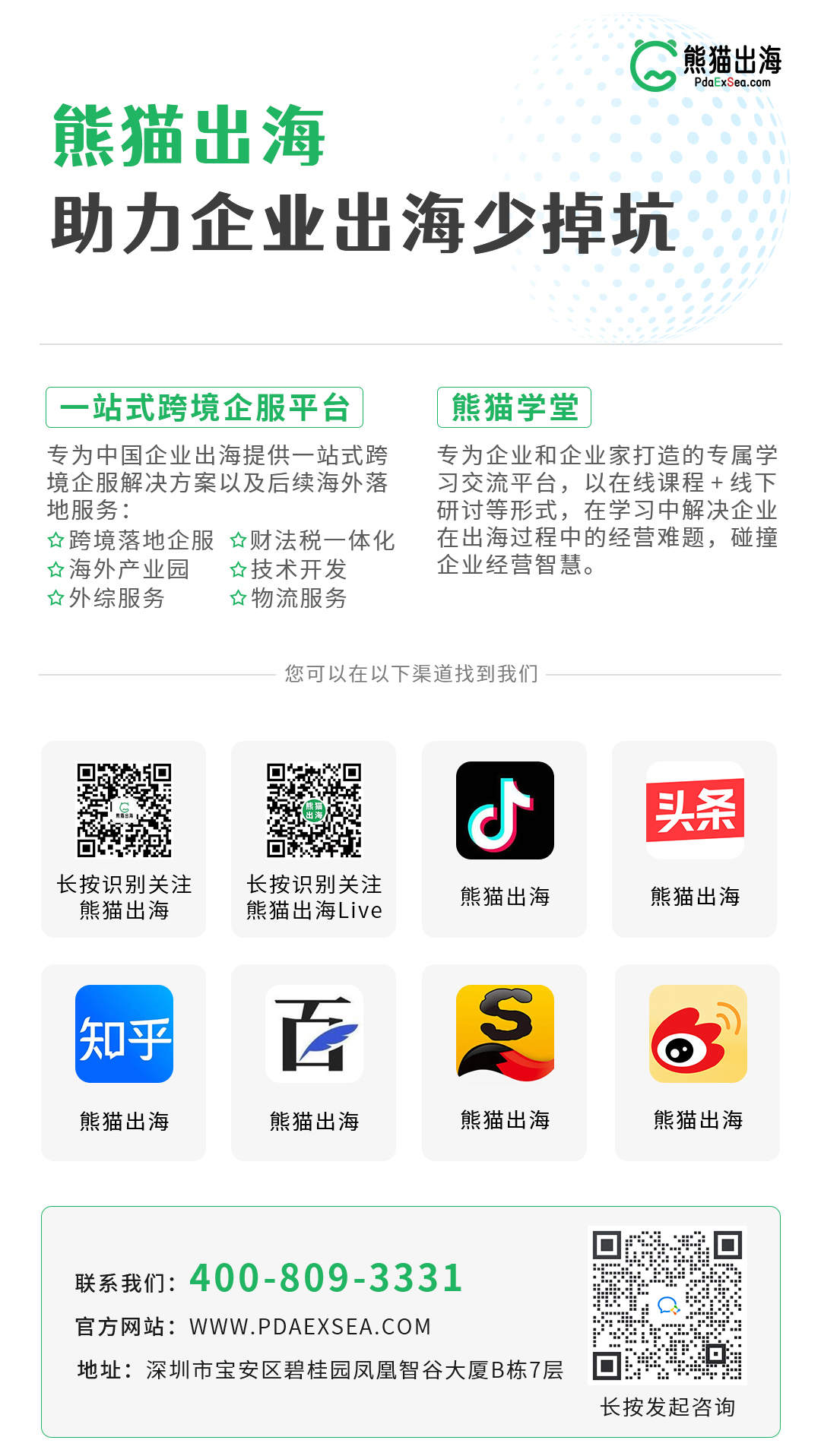1. The importance of applying for an import license (API)
Opening up channels for the import of goods and raw materials can reduce corporate costs and expand profit margins. Imported goods require an import license (API). Companies that do not obtain this license will not be able to go through customs clearance procedures and import goods.
2. Importing goods is only legal if you apply for an import license (API).
According to Indonesian regulations, to import goods into Indonesia, you need to submit relevant materials, obtain verification from the General Administration of Customs, and accept cargo inspection. The most important thing is that importers need to apply for an import license API from the Ministry of Investment (BKPM). Only after passing all inspections and holding API can they start import activities.
3. Applying for an import license (API) enjoys tax relief.
The import income tax rate for holding an import license API is 2.5%, while the import income tax rate for not holding the license is 7.5%.
2. Types of import license (API)
The Import Permit (API) includes:
Important contents such as product name, specification quantity, country of importer and exporter, term, total value, mode of transportation, mode of trade and payment method.
Indonesia's Import Permit (API) is mainly divided into two categories:
1
Universal Import License (API-U)
Applicable to general trading companies engaged in trading or distribution activities, such as clothing and apparel, household goods, paper products, medical devices, etc.
2
Manufacturer import license (API-P)
Applicable to manufacturing companies that import raw materials or materials that support the production process due to production, such as semiconductor materials, display materials, biomedical materials, high-performance fibers, high-performance membrane materials, etc.
If a company is engaged in manufacturing and trading activities at the same time, it needs to establish two companies to meet the requirements.
3. Classification of imported goods in Indonesia
HS code is an internationally accepted commodity classification system used to identify and regulate commodity types in international trade.
According to Indonesian customs regulations, the classification of imported goods is mainly divided into the following categories:
1
Classification according to tariff
1. Consumer goods: goods directly facing consumers, including food, beverages, daily necessities, clothing, etc.
• Food and beverages (such as sugar, tea, coffee)
• Clothing, footwear
• Household appliances (such as refrigerators, washing machines)
• Usually require higher tariffs
• Strict inspection requirements (such as food requires BPOM certification)
2. Raw materials and intermediate products: basic materials or semi-finished products used in manufacturing.
• Metallurgical materials (such as steel, aluminum)
• Chemicals (such as industrial chemical raw materials)
• Textile raw materials (such as cotton, fiber)
• Lower tax rates to encourage the development of manufacturing
• Certain chemicals require special licenses (such as dangerous goods certification)
3. Capital goods: equipment and machinery used for investment and production.
• Power generation equipment (such as turbines, generators)
• Engineering vehicles (such as excavators, cranes)
• Usually enjoy tariff reductions or exemptions (such as for government projects or production purposes).
• A detailed list of equipment and description of use is required
4. Luxury goods: high-value goods or non-essential consumer goods.
• Luxury cars
• Jewelry and watches
• Luxury furniture
• High luxury goods tax (PPnBM) is imposed, with a tax rate of up to 125%
• Some goods require additional import quotas or licenses
2
Classification according to regulatory requirements
1. Restricted goods: goods that require additional approval or special licenses.
• Pharmaceuticals and medical devices: require approval from the Indonesian Ministry of Health (MOH)
• Food and cosmetics: require certification from the Food and Drug Supervisory Agency (BPOM)
• Chemicals and hazardous materials: require permission from the Ministry of Environment and Forestry or other relevant agencies
2. Prohibited import goods: goods prohibited from import by the Indonesian government.
• Counterfeit or pirated products
• Specific plants and animals and their products (such as endangered animal products)
3
Special category goods
1. Zero-tariff goods: According to the Free Trade Agreement (FTA), some goods can enjoy zero-tariff treatment.
• Example: Electronic products or agricultural products imported through the ASEAN agreement.
2. Second-hand goods: generally prohibited from import unless special permission is granted (such as second-hand equipment used for production).
3. Temporary imported goods: used for exhibitions, competitions or projects, must be exported within the specified time.
IV. Information required to apply for an import license (API)
2. Approval from the Ministry of Justice SK
3. Business license Izin Usaha
4. Business registration certificate NIB
5. Company household registration Izin Lokasi
6. Company tax card and tax registration certificate NPWP & SKT
7. Chairman's identity document Dokumen identitas Direktur
2. ID card and tax card (Indonesian) KTP and NPWP pribadi (WNI)
8. OSS system user name and password Username & Password OSS
V. Precautions
The number remains valid until the DGCE cancels the ownership of the NIK. However, the DGCE has the right to block the importer's NIK rights, including the following conditions:
1) The importer changes the relevant data without the consent of the DGCE;
2) The importer has not carried out customs activities, that is, has not provided relevant reports for more than one year;
3) The importer's business license has expired;
4) The importer is under investigation for customs matters.
For more details on overseas expansion, please consult PDAEXSEA professional consultants:



